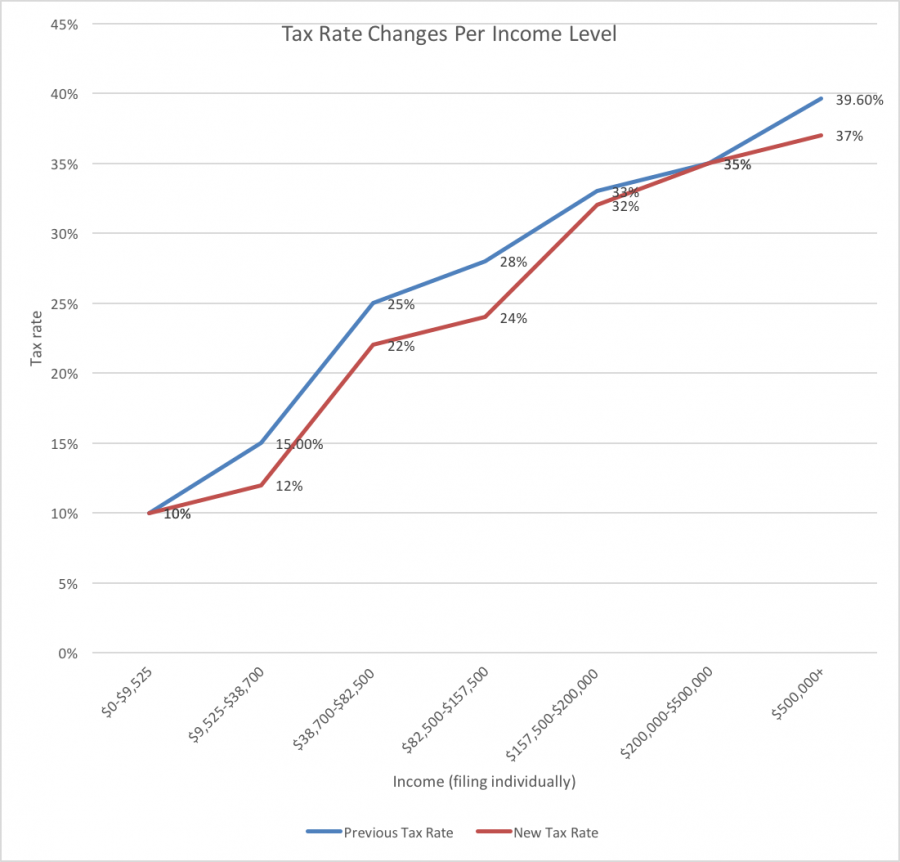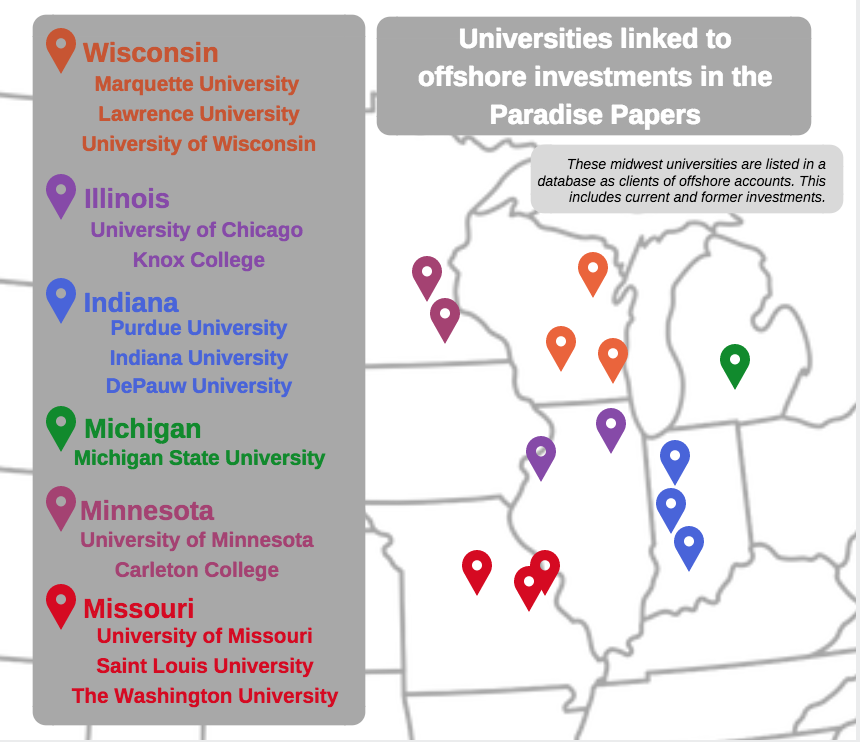Going into college, while you certainly gain much more freedom, you inevitably gain more responsibility. This includes financial responsibility. The average federal student loan debt is $37,574 per borrower and $54,921 if you go to a private institution.
This financial burden is something that many students across the country lack a basic understanding of. A survey from nonprofit student voice found that one in five students with debt don’t know how much they have and about half of the students who do know how much debt they have do not know what their approximate monthly payment will be.
Similarly, many college students have credit card debt. It was found that 46% of college students that have a credit card also have credit card debt. It was also found that students had a tendency to lack credit literacy.
This is why it is so important that Marquette expands its resources for students to learn to be financially literate. It should concern the university that so many students on average lack basic financial literacy. Because of this, Marquette should aim to help students achieve greater financial literacy.
Marquette does currently have some programs to help students with this. For instance Marquette holds the Life After Marquette event for graduating seniors which is intended to, among many other important life skills, teach students about personal finance. There are also a handful of financial management classes offered. However, these resources aren’t always easily accessible to students.
Firstly, students should have the opportunity to attend events similar to Life After Marquette long before they are actually graduating. As discussed prior, many students are already in credit card debt and would greatly benefit from being more knowledgeable.
Secondly, it can be very difficult to schedule around these events and classes. The Life after Marquette event is April 19 for an hour and a half starting at 5 p.m. Students may have class during this period, or work or any other prior commitment that restricts them from being able to attend the event.
As for financial courses at Marquette, if you’re not a business student or in a major related to finance, you’d likely have a difficult time finding a class that fits in your schedule and still allows you to complete other requirements for your degree.
Marquette should have a mandatory personal finance class as a part of the core curriculum. Research suggests that young people who do receive some kind of financial literacy instruction generally make better financial choices and achieve better financial outcomes as they grow.
Tax day is also happening today, April 18, and is a very stressful time for anyone but particularly for students who are new to doing taxes on their own. Not only are taxes confusing when you know what you’re doing, but they’re made infinitely more difficult when you lack the knowledge of how to do them properly. Milwaukee has several organizations that aid with taxes for people who qualify. These range from churches, social service organizations to other colleges. Marquette should partner with these organizations during tax month to aid students with their taxes. Providing these resources on campus would greatly help manage students’ stress during an already stressful time academically.
Financial literacy is extremely important at every life stage. It’s necessary for responsibly saving for school, retirement, budgeting and to achieve other financial goals. Having an apt understanding of finances can and will save students a lot of stress and overall improve our lives. College is supposed to prepare you for life and educating students to be financially literate is just one way Marquette can set us up for our futures.
Editorial topics by the Marquette Wire are decided at weekly meetings between members of the executive board. The editorial is crafted with leadership by the executive opinions editor. The executive board consists of the executive director of the Wire, managing editor of the Marquette Tribune, managing editor of the Marquette Journal, general manager of MUTV, general manager of MUR and ten additional top editors across the organization.








